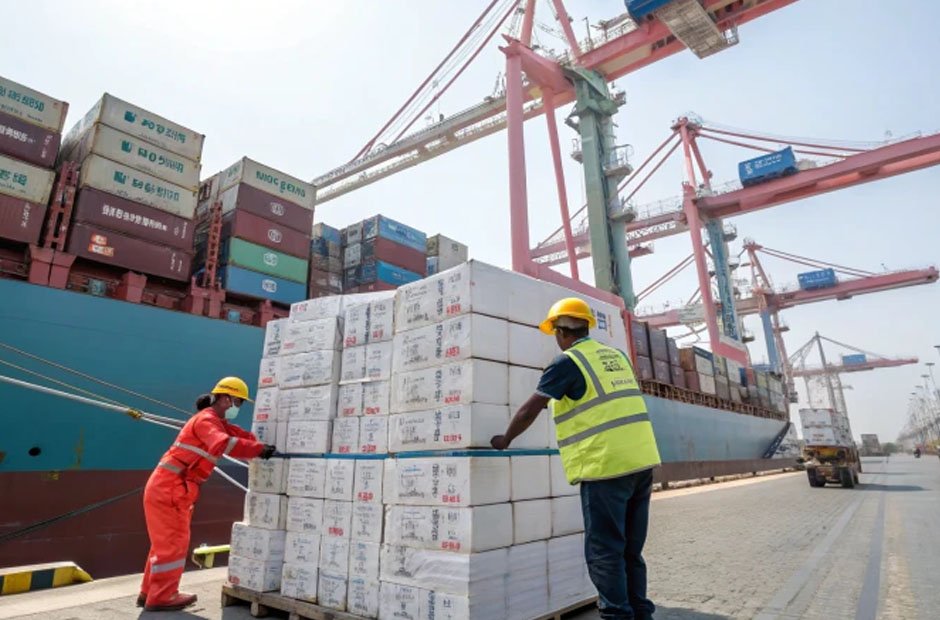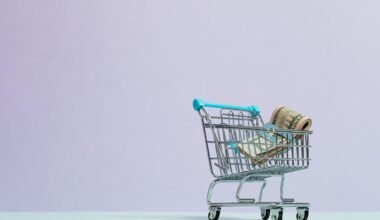China has become one of the largest global hubs for diaper production. With advanced factories, strong supply chains, and competitive pricing, many overseas brands and distributors choose Chinese suppliers to manufacture their products. However, importing diapers is not only about finding a low price. To avoid risks and ensure quality, buyers should pay attention to several key factors before placing an order.
1. Factory Certifications and Compliance
The first step is to confirm whether the manufacturer meets international standards. Look for certifications such as:
- ISO9001 (quality management)
- CE / SGS (product testing and compliance)
- FDA or LFGB (if diapers are exported to markets with strict hygiene requirements)
Working with a high quality diaper manufacturer ensures that the products are safe for babies and meet local regulations.
2. Product Quality and Materials
Check the materials used in the diaper:
- Absorbent Core (SAP + fluff pulp) – should provide fast absorption and lock moisture.
- Nonwoven Fabric – soft, breathable, and skin-friendly.
- Elastic Waistbands & Leak Guards – ensure comfort and prevent leakage.
Request detailed specifications, and if possible, ask for lab test results.
3. Minimum Order Quantity (MOQ) and Lead Time
Chinese factories often have different MOQs depending on whether you need OEM or ready-made products. Before confirming, clarify:
- Minimum quantity required for your order.
- Lead time for production (usually 20–45 days depending on the season).
- Possibility of flexible MOQs for new brands.
4. Packaging and Branding Options
If you plan to sell under your own label, check whether the supplier provides OEM/ODM services:
- Custom packaging design.
- Logo printing.
- Flexible carton sizes for retail or wholesale.
This is especially important for building brand recognition in your market.
5. Quality Inspection and Testing
Do not rely only on factory promises. Ask about their quality control process:
- In-line inspections during production.
- Random sampling before shipment.
- Third-party inspections (SGS, BV, or Intertek) if required.
6. Shipping and Logistics
Diapers are bulky products, so freight costs matter. Clarify:
- FOB vs. CIF terms.
- Container loading capacity (usually over 150,000–200,000 pieces per 40HQ).
- Options for sea, rail, or air transport depending on urgency.
7. After-Sales Service and Support
A professional supplier will not only sell you diapers but also provide long-term support:
- Assistance with documentation for customs clearance.
- Guidance on product registration in your country.
- Continuous supply stability to avoid stockouts.
Conclusion
Importing diapers from China offers great opportunities, but only if buyers choose the right partner. Always check certifications, product quality, MOQ, packaging options, logistics, and after-sales service before signing a contract. Partnering with a high quality diaper manufacturer ensures that your products are safe, competitive, and trusted by consumers in your market.



